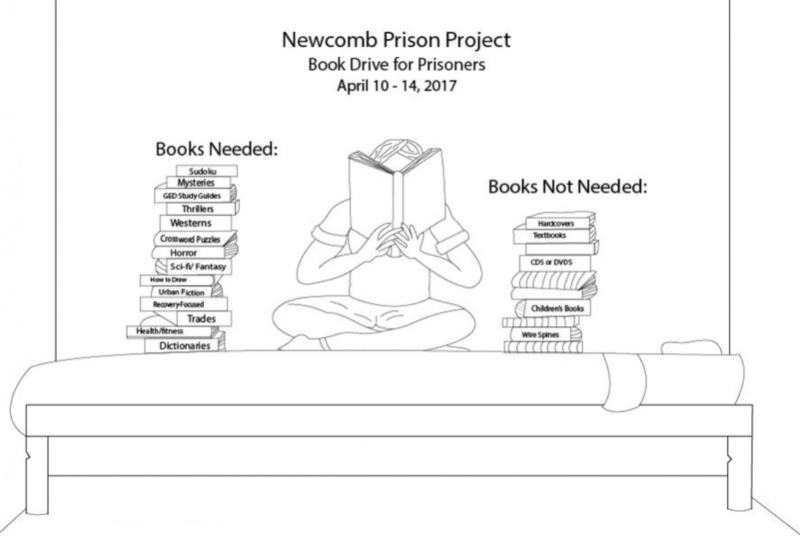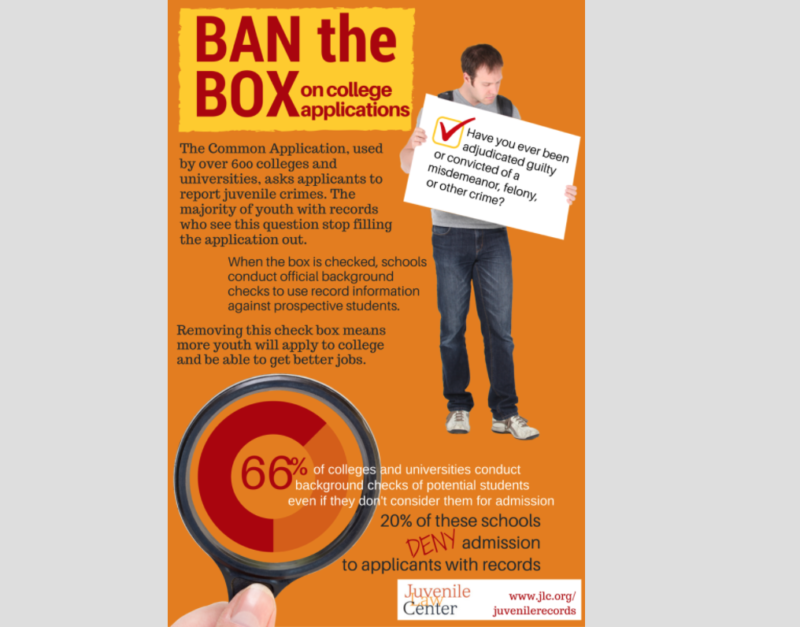In the heart of Uptown New Orleans, Tulane University’s Newcomb Prison Project works to address underlying problems at Tulane, New Orleans, and throughout the Louisiana criminal justice systems. Members, which include both undergraduate and graduate students, faculty, and staff, seek to educate the Tulane community and student body, oftentimes hailing from out of state and somewhat disconnected with Louisiana politics, about these issues.
Annie Freitas, a Ph.D. student at Tulane, worked with the Newcomb College Institute to found the Newcomb Prison Project in February of 2016 and is currently serving as the organization’s advisor. Freitas’ work primarily focuses on preventing incarceration through educating the youth of New Orleans and providing opportunities for rehabilitation in prisons. Freitas additionally is a co-founder of the Louisiana Prison Education Coalition (LPEC), which advocates for higher education for incarcerated people and establishes connections between prisons and colleges.
Helen Lewis, the Vice President of Newcomb Prison Project states that the organization “has been involved in numerous movements and events on campus since our creation by Annie last February. We helped with the holding of an incarcerated women symposium on Tulane’s campus last spring. The symposium specifically looked at how the fees leveled on convicted criminals can keep them in debt for the rest of their lives.” Additionally, Ms. Lewis explained that a book drive was organized by NPP during finals last year, which received over 350 books that were then donated to prisoners.

Flyer used for NPP’s book drive for prisoners
Recently, NPP’s primary focus has been the Ban the Box movement. This initiative is a nationwide push to prohibit college applications from asking applicants about their criminal history. Ban the Box focuses on the process by which college applicants are automatically and arguably unfairly rejected if they have committed a crime, regardless of their academic or extracurricular achievements. Newcomb Prison Project and the Ban the Box movement advocate for formerly incarcerated people to be given a fair chance to change their ways and become productive members of society. Requiring applicants to disclose information about prior criminal history promotes a culture of re-offending, as opposed to rehabilitation. With the help of Annie Freitas, who aided in passing legislation to Ban the Box at public universities in the state of Louisiana, Lewis and other NPP members hope that Tulane University will soon pass a similar bill–since Tulane is a private institution, it is not currently required to Ban the Box under Louisiana state law.
According to Lewis, educating students about the issue is essential in making these changes happen at Tulane. “In our campaign we focused on getting student support behind the bill and also on educating students about what ‘Ban the Box’ means since the idea of letting people who committed felonies into the school can be daunting,” she explains. “In that education initiative we weren’t as effective in addressing the other sides argument, which hinges on a[n] unreliable and unreplicated study about banning the box leading to racial profiling. Because of this study, our bill ended up tabled at the senate meeting where senators, upon hearing about it and not knowing its background, became alarmed. Despite this setback we are confident it will eventually pass.”

Graphic by the Juvenile Law Center about the Ban the Box movement
To learn more about Newcomb Prison Project and Ban the Box, visit https://www.facebook.com/NewcombPrisonProject/ or attend meetings on Tulane’s campus Mondays at 7:00pm in Newcomb Hall room 120.
 NOLAbeings
Multimedia artist Claire Bangser created NOLAbeings as a portrait-based story project that marries...
NOLAbeings
Multimedia artist Claire Bangser created NOLAbeings as a portrait-based story project that marries...
 Data corner: Adobe Suite (create a PDF, social media graphic, presentation, edit a photo and video
Data corner is where you go to work with analytics and top tech skills. It takes on everything from PERL and SQL to Canva and Sprout Social.
Data corner: Adobe Suite (create a PDF, social media graphic, presentation, edit a photo and video
Data corner is where you go to work with analytics and top tech skills. It takes on everything from PERL and SQL to Canva and Sprout Social.
